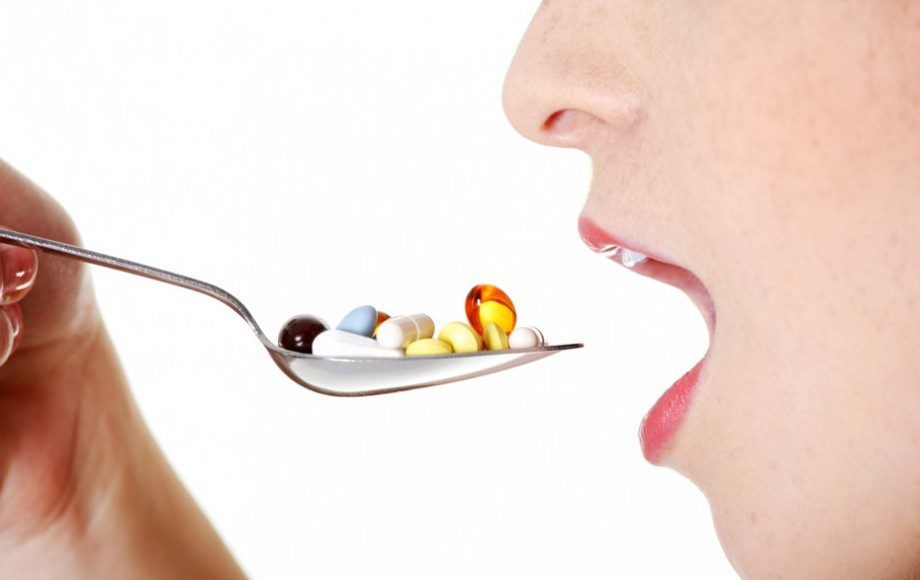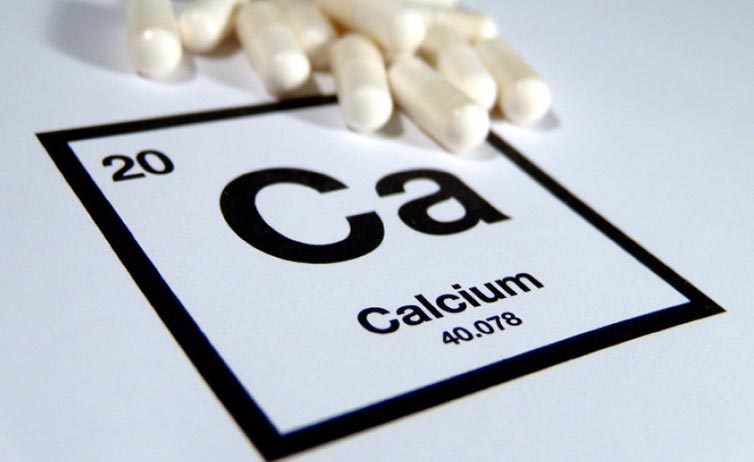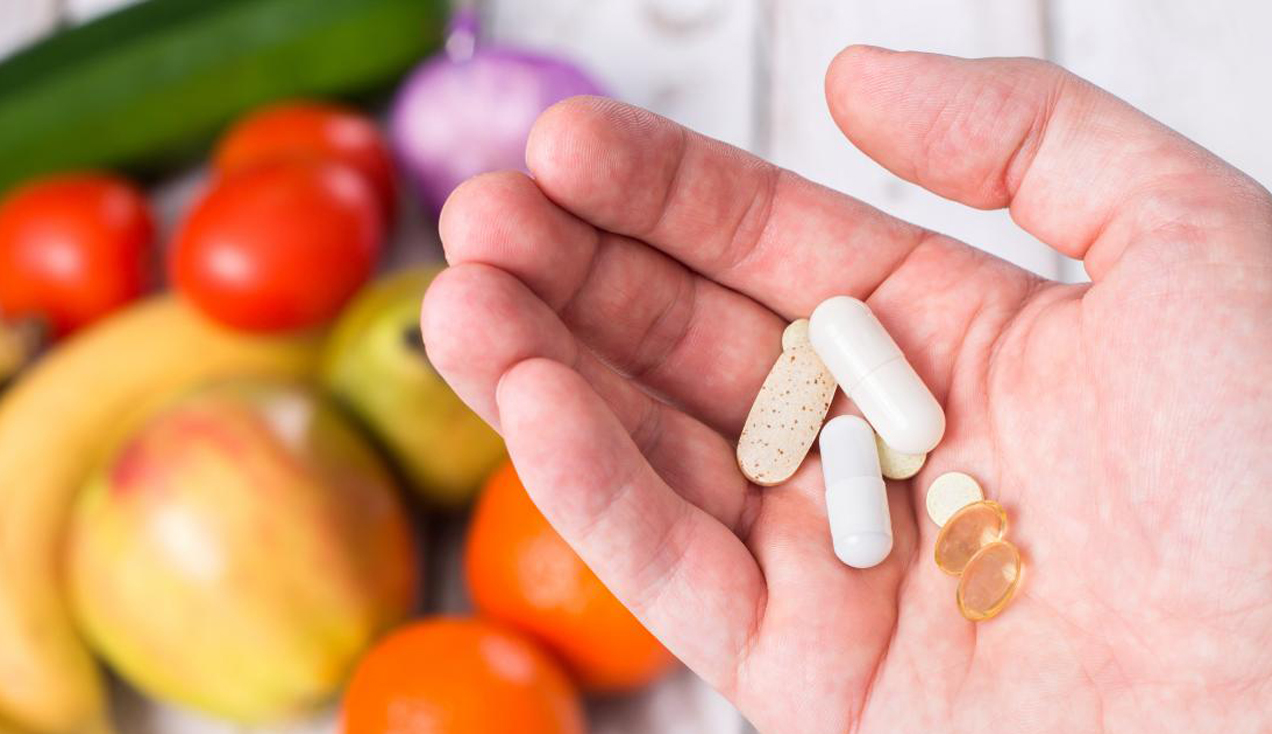Kidney Stones

Excessive Intakes Of Calcium, Vitamin C, Oxalic Acid Can Cause Kidney Stones

Very often, question on kidney stones may cross the minds of customers, when doctors recommend vitamin C or calcium tablets to their customers.
To know whether these health products will cause kidney stones, we must first understand how kidney stones are formed at the outset. Kidney stones are formed by the precipitation of crystals in the urine. Some of the crystals will accumulate in the kidneys, urethra and bladder and cause pain in the lower back or lower abdomen. In severe cases, it may cause urinary tract infections, difficulty of urination or even hematuria. The risk factors of kidney stones include inadequate water intake, long-term overdose of foods such as dairy products, oxalic acid, animal viscera, vitamin D, painkillers, and family genetic factors. Oxalic acid is a very common ingredient found in vegetables (spinach is one of the vegetables containing high level of oxalic acid), and it also comes from metabolism of body. Calcium oxalate stones are the most common type of kidney stone.
We need daily intake of 1000 mg of calcium
An adult needs 800 to 1000 milligrams of calcium per day. In addition to the daily diet, the easiest and most direct way to supplement calcium is to take calcium tablets. Proper doses of calcium tablets will not cause kidney stones because calcium will bind with oxalic acid in the small intestine, forming insoluble calcium oxalate and then excreted in the faeces. In contrast, if calcium intake is reduced to avoid kidney stones, this will cause an increase in the rate of oxalic acid absorption in the small intestine and in the urine, which in turn will increase the risk of kidney stones. In addition, when choosing calcium tablets, many people prefer calcium tablets containing vitamin D, or vitamin D supplements. This will lead to a large increase in calcium absorption in the small intestine, calcium excreted through the urine also increased, and easy to form calcium oxalate in the small intestine, and increase the risk of kidney stones eventually. Therefore, proper calcium supplements (limited to 1,200 mg per day) plus low oxalic acid, low sodium (salt), low animal protein diets, and adequate daily drinking water (2 to 3 liters) are needed to avoid kidney stones.

Take 1000 mg of vitamin C daily
Vitamin C has antioxidant properties that promote cell repair and maintenance of body immunity. An adult needs 1000 mg of vitamin C daily. Vitamin C is a water-soluble vitamin. Excessive vitamin C dissolves in the body’s moisture and is excreted through sweat and urine. In contrast, vitamin C is safer than fat-soluble vitamins. Although Vitamin C is safe to be consumed, when body ingests too much vitamin C, the user may experience nausea, abdominal pain, diarrhea, dizziness, rash, and so on. When taking a high dose of vitamin C for long periods (more than 2000 mg per day), the user may increase the risk of kidney stones because it will stimulate the intestinal secretion of oxalic acid and increase the formation of calcium oxalate. Nevertheless, there is no need to stay away from vitamin C, because by taking appropriate amounts of calcium and drinking enough water every day, human body will be able to adjust the secretion of oxalic acid and regulate the formation of calcium oxalate, thus reducing the incidence of kidney stones.

Regarding the prevention of kidney stones, no doubt good and balanced diet, coupled with habit of drinking enough water daily, are critical for achieving this goal. As for vitamin C and calcium, both can only be taken under the correct guidelines. If the intake does not exceed the prescribed amount and only reliable health products are taken, then the user is unlikely facing any risk of kidney stones later.






